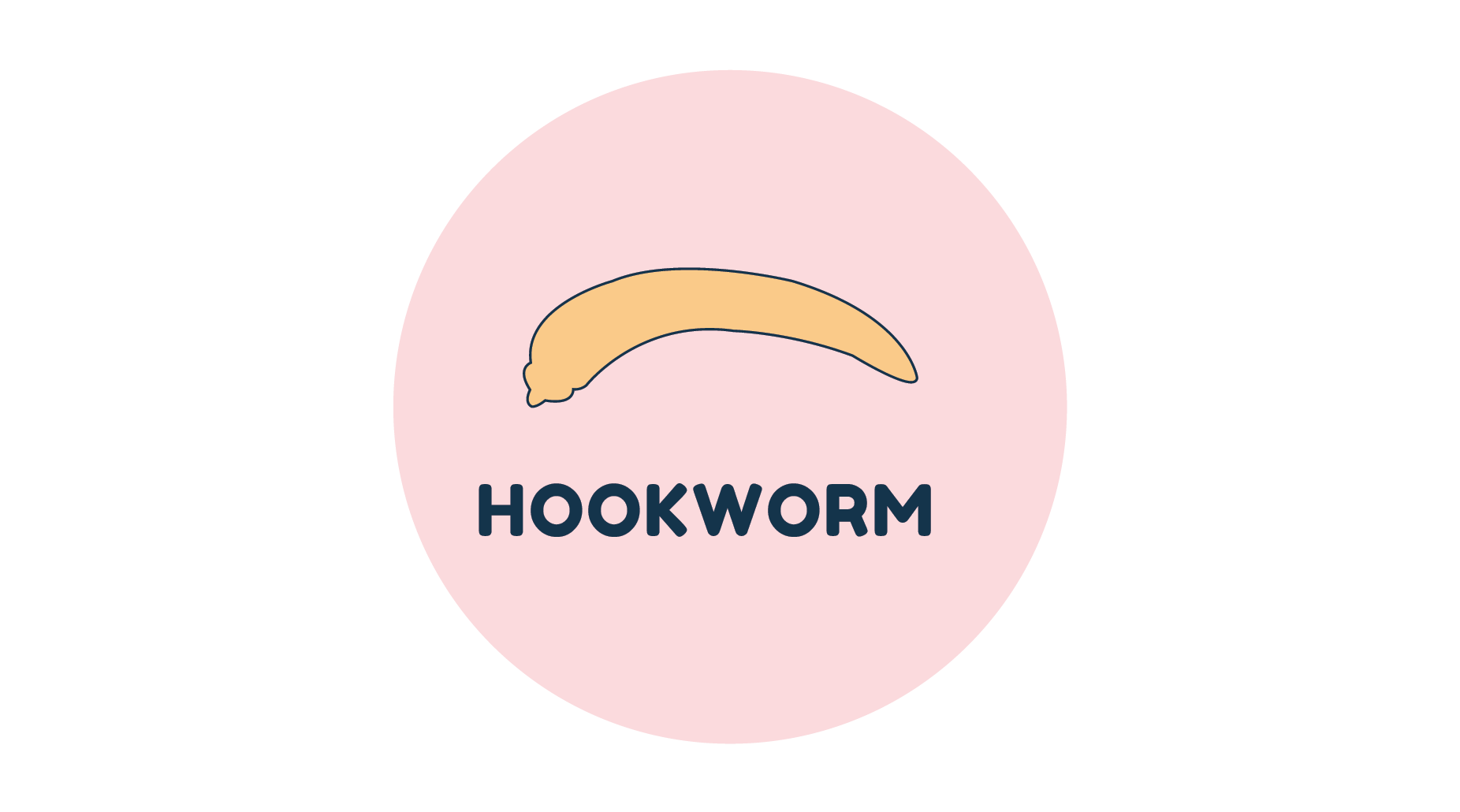Worming your pooch
Posted on September 20 2021
Time to Worm your pooch? Never fear, Pet Connect is here to talk you through all the options and facts for you! Regular worming and flea treatments are vital to ensure the health of your fur baby. The good news is that there are multiple treatments available these days to suit pups young and old. The options of pills, drops and chewable tablets mean the hours trying to get them to swallow a tablet whilst simultaneously avoiding claws and teeth, are long gone.
HOW DOES YOUR DOG GET INFECTED WITH WORMS?
Dogs most commonly get infected by eating contaminated soil, from fleas, or by coming into contact with another dog's poop. Also taking a snack on that dead animal they found at the park could mean they catch the worm parasite.
WARNING SIGNS
Loss of appetite, weight loss, diarrhoea, vomiting, tiredness, anemia (pale gums), scooting or licking around their bottoms are all signs you should watch out for, as these could mean that your dog has worms.

TAPEWORMS
These are usually transmitted by fleas, which is why it’s just as important to use a flea treatment as it is to use a worming treatment. The dog ingests fleas and worm larvae when they groom themselves and these suckers can grow to two feet long and feed on your dogs blood. Think Dracula of the worm world! Tapeworm segments can break off and look like grains of rice so keep an eye on their poop and around their bottoms. A common symptom is scooting their butts across the floor or licking their bums all the time. Now yes, the scooting can be an anal gland issue not related to worms, but if you see the ‘grains of rice’ and the scooting, then it’s time to head to the vet.
ROUNDWORMS
Does your dog like to eat other dogs poop? Well this is how they can get roundworms. Eating infected poop. Mumma dogs can also give it to their puppies when feeding them. These suckers live in the intestines and feed on your dog's food, taking most of the nutrients. They look like coiled up spaghetti in your dog's poop and vomiting, weight loss, tiredness and diarrhoea are all symptoms of roundworm.


HOOKWORMS
Your dog can catch hookworms from coming into contact with soil infected with larvae or eating them in their water or food. AS the name suggests they hook themselves into your pups intestines and feed off blood causing anemia. Symptoms can be weight loss, pale gums, diarrhoea and even blood in their poop.
WHIPWORMS
These long slimy suckers live in your dog's colon and can cause intestinal bleeding! They are found in NZ but less commonly but are one of the most difficult ones to spot and get rid of. They are found in soil and infected vegetables in warmer, more humid climates. Symptoms are chronic weight loss, anaemia, tiredness, farting and diarrhea.

SPOT ONS
The spot on treatments like advocate are applied to the back of the neck and work inside and out to kill worms, fleas and ticks. Simply apply once a month and your furbaby is fully protected. Dogs can be treated from 7 weeks old all the way up to old age.
CHEWABLE
Chewable tablets are for the swimmers, mud rollers, or for dogs in households with smaller children who don’t know to leave the patch of treatment alone whilst it soaks in. These tablets like our Drontal Chewable All Wormer are like treats. Simply pop a chewable out of the packet and give it to your fur baby once a month. It covers all the worms listed above and ones like Nexguard Spectra cover fleas and ticks too.
TABLETS
Tablets are the original type of treatment and still a fantastic product if your dog is like mine and will eat anything you hand to him. Drontal tablets and Endogard are fantastic and have a range depending on your dog’s weight. Comfortis plus has the added bonus of again having a flea treatment included in it.
Zoe Pill Pops
If medicine tasted like Roasted Chicken & Rosemary, it wouldn’t have such a bad rep! These soft & chewy dog treats combine real chicken, natural roasted chicken flavour and rosemary to mask medication and help dogs accept them fuss-free.
- Feed as a treat or use as a pill cover
- Savoury fragrance & flavour encourage stress-free acceptance of medication
- No corn, no wheat, no soy, no artificial flavours or preservatives
THINGS TO NOTE:
Puppies should be treated once they are 2 weeks old. This is because the mother can give the puppies worms whilst in the womb. Pregnant or lactating dogs need to be treated with specific treatments so always check the instructions before you give them a treatment. We are always happy to help if you have any questions or contact your vet too.
Hope this helps!
Katherine & Harry the Pooch






0 comments